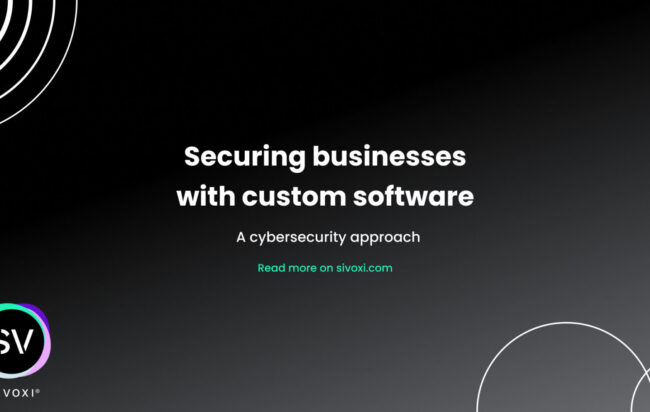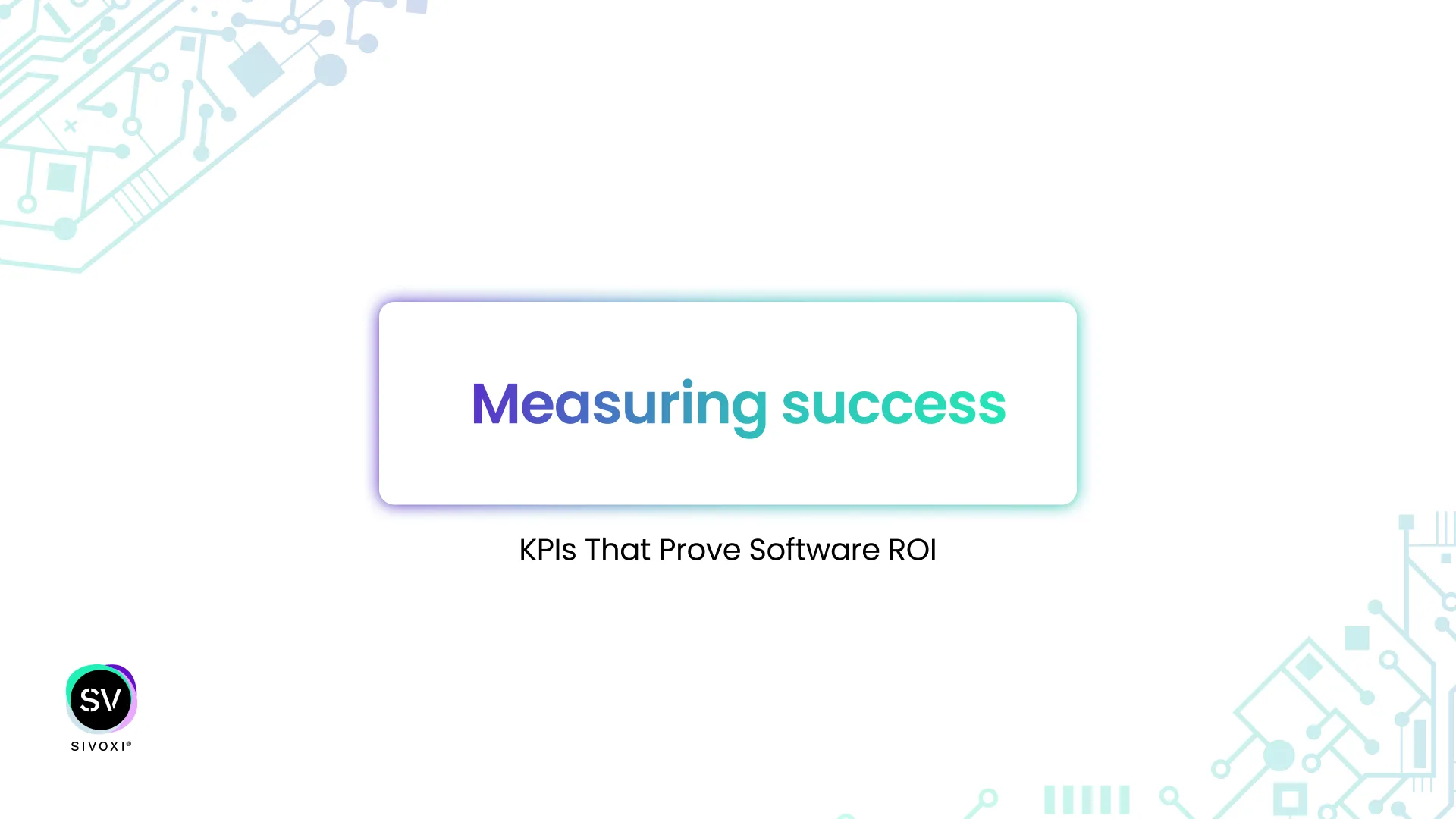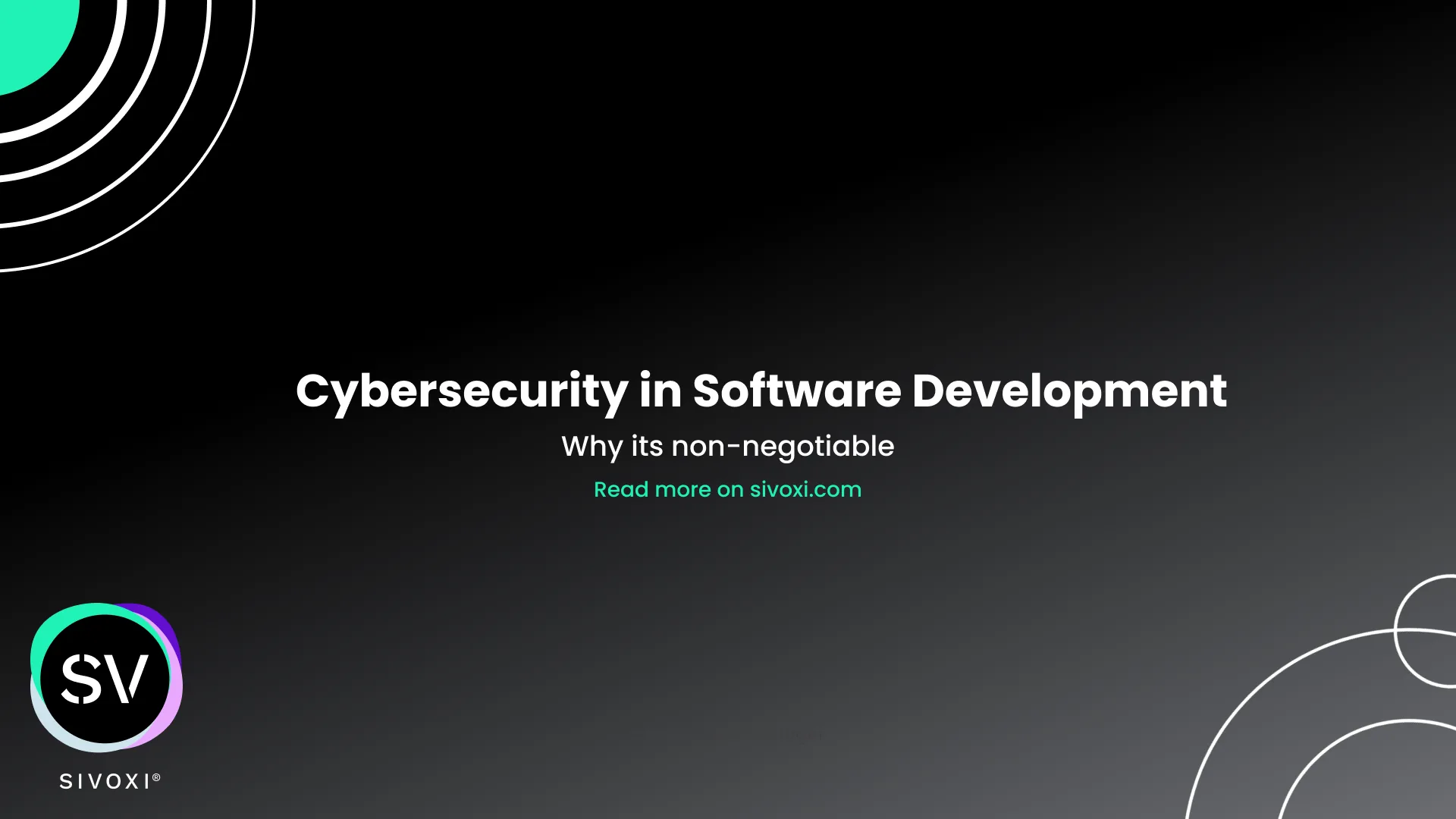One of the key considerations in securing custom software is the implementation of robust authentication mechanisms. Traditional username-password combinations are no longer sufficient to thwart sophisticated cyber attacks. Businesses must adopt multi-factor authentication (MFA) solutions that require additional verification steps, such as biometric authentication or one-time passcodes. By adding multiple layers of authentication, businesses can significantly reduce the risk of unauthorized access to their custom software systems.
Custom software development often involves the integration of third-party APIs (Application Programming Interfaces) and external services. While these integrations enhance functionality and connectivity, they also introduce potential security vulnerabilities. Businesses must conduct thorough security assessments of third-party APIs and services to ensure they meet stringent security standards. Additionally, implementing secure API authentication mechanisms and encryption protocols can mitigate the risk of data breaches and unauthorized access through API endpoints.
Another critical aspect of securing businesses with custom software is the proactive identification and remediation of software vulnerabilities. Custom software development entails frequent code changes and updates, which can inadvertently introduce security flaws. Employing automated code analysis tools and conducting regular security audits can help detect and address vulnerabilities early.
Ensuring the security of cloud-hosted custom software applications is paramount. Cloud service providers offer a wide range of security features and compliance certifications. Businesses should also implement additional security measures tailored to their specific needs. This may include data encryption, network segmentation, and intrusion detection systems to protect sensitive information and mitigate the risk of cloud-based attacks.
In addition to technical safeguards, educating employees about cybersecurity best practices is essential. Human error remains one of the leading causes of security breaches. Businesses should provide employees with regular training sessions covering topics such as phishing awareness, password hygiene, and social engineering tactics.
Cybersecurity is an ongoing process that requires continuous monitoring and adaptation. Implementing robust security incident response procedures enables businesses to detect, contain, and mitigate security incidents.
Securing businesses with custom software requires a proactive cybersecurity approach. By prioritizing cybersecurity throughout the software development lifecycle, businesses can effectively mitigate risks and safeguard their digital assets.
To learn how we may be able to help you with secure software development please send us an email to tech@sivoxi.com
Alternatively give us a call at 060 803 9067
One of the key considerations in securing custom software is the implementation of robust authentication mechanisms. Traditional username-password combinations are no longer sufficient to thwart sophisticated cyber attacks. Businesses must adopt multi-factor authentication (MFA) solutions that require additional verification steps, such as biometric authentication or one-time passcodes. By adding multiple layers of authentication, businesses can significantly reduce the risk of unauthorized access to their custom software systems.
Custom software development often involves the integration of third-party APIs (Application Programming Interfaces) and external services. While these integrations enhance functionality and connectivity, they also introduce potential security vulnerabilities. Businesses must conduct thorough security assessments of third-party APIs and services to ensure they meet stringent security standards. Additionally, implementing secure API authentication mechanisms and encryption protocols can mitigate the risk of data breaches and unauthorized access through API endpoints.
Another critical aspect of securing businesses with custom software is the proactive identification and remediation of software vulnerabilities. Custom software development entails frequent code changes and updates, which can inadvertently introduce security flaws. Employing automated code analysis tools and conducting regular security audits can help detect and address vulnerabilities early.
Ensuring the security of cloud-hosted custom software applications is paramount. Cloud service providers offer a wide range of security features and compliance certifications. Businesses should also implement additional security measures tailored to their specific needs. This may include data encryption, network segmentation, and intrusion detection systems to protect sensitive information and mitigate the risk of cloud-based attacks.
In addition to technical safeguards, educating employees about cybersecurity best practices is essential. Human error remains one of the leading causes of security breaches. Businesses should provide employees with regular training sessions covering topics such as phishing awareness, password hygiene, and social engineering tactics.
Cybersecurity is an ongoing process that requires continuous monitoring and adaptation. Implementing robust security incident response procedures enables businesses to detect, contain, and mitigate security incidents.
Securing businesses with custom software requires a proactive cybersecurity approach. By prioritizing cybersecurity throughout the software development lifecycle, businesses can effectively mitigate risks and safeguard their digital assets.
To learn how we may be able to help you with secure software development please send us an email to tech@sivoxi.com
Alternatively give us a call at 060 803 9067











